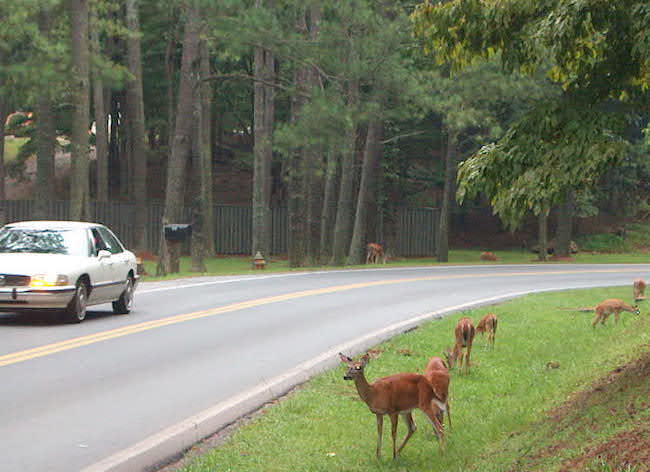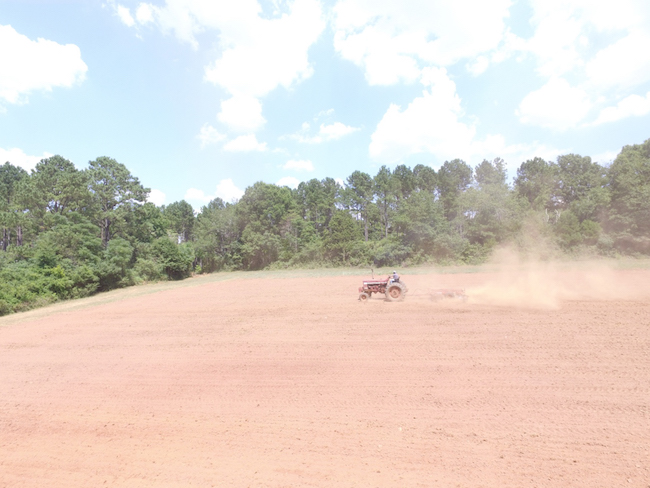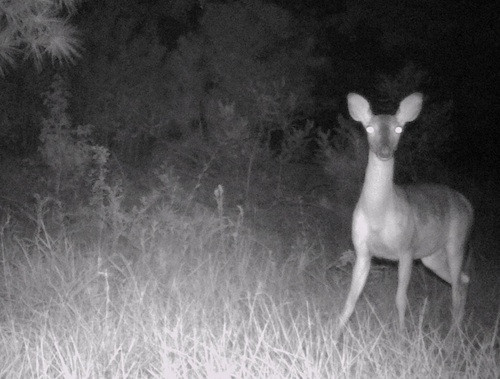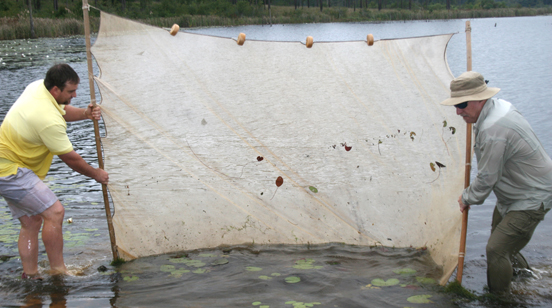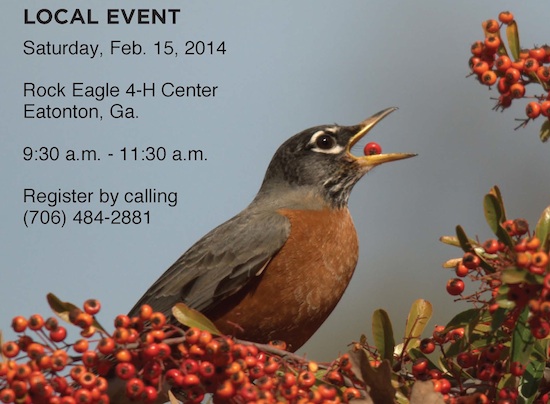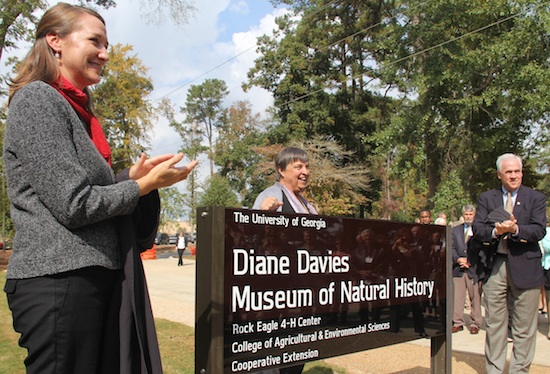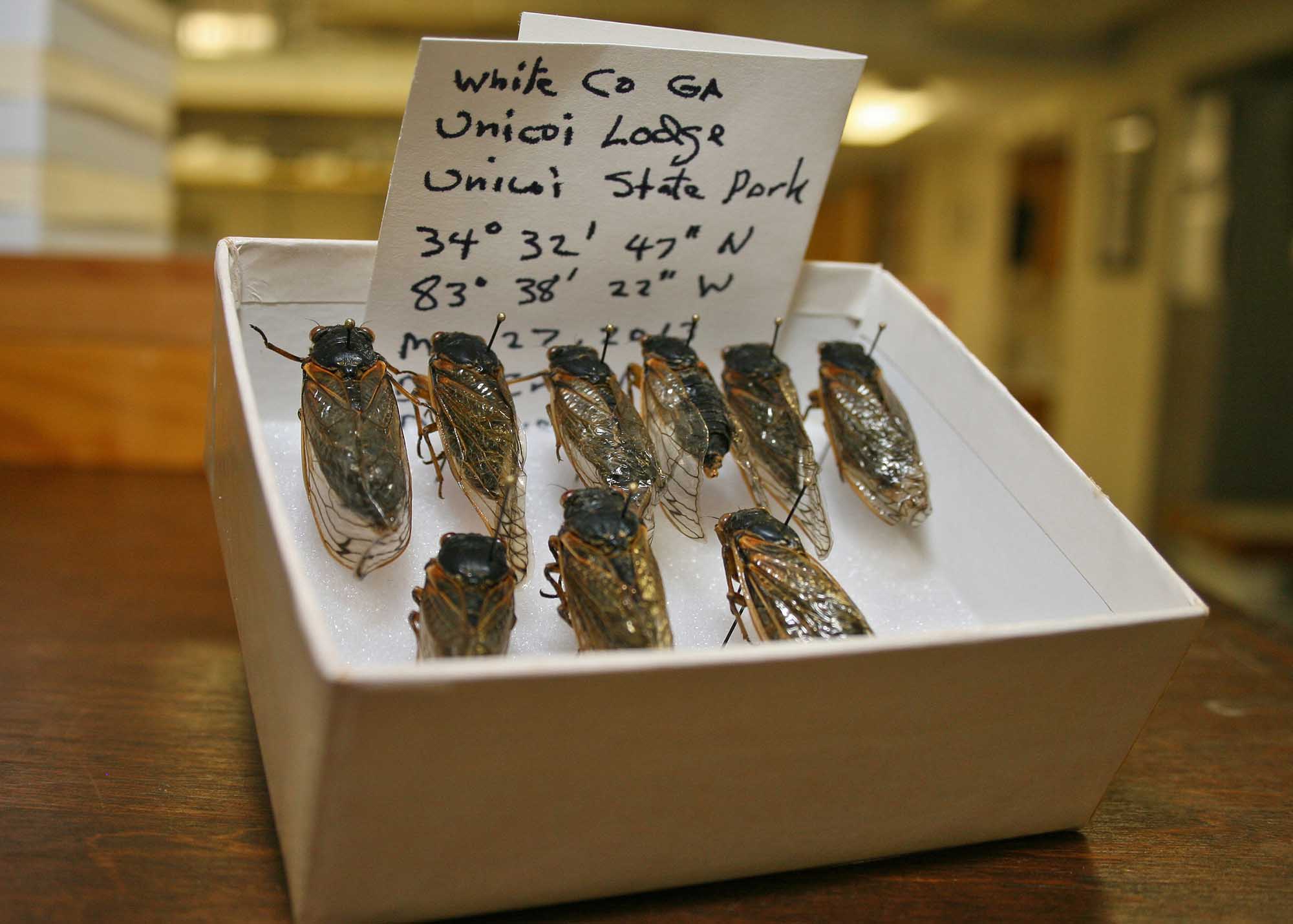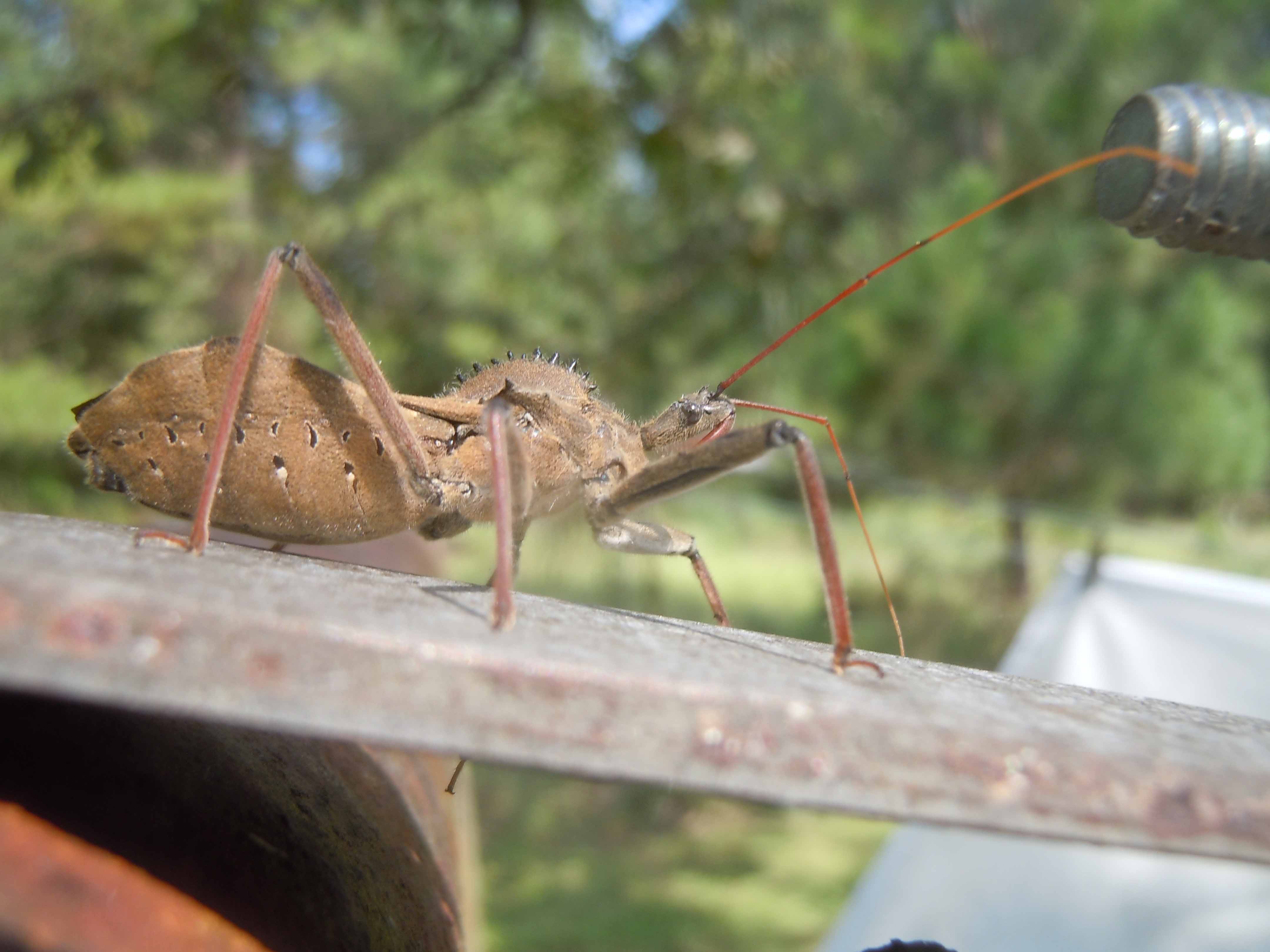 CAES News
CAES News
Kissing Bugs
Over the last few weeks, many Georgians have focused their attention on the media-hyped coverage of the kissing bug. Much of the sensationalism and worry surrounding this insect boogieman is unwarranted, according to University of Georgia entomologists.

